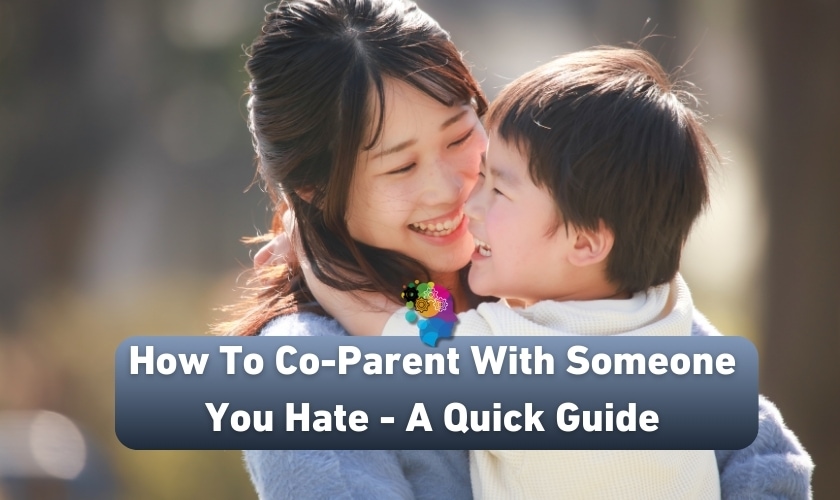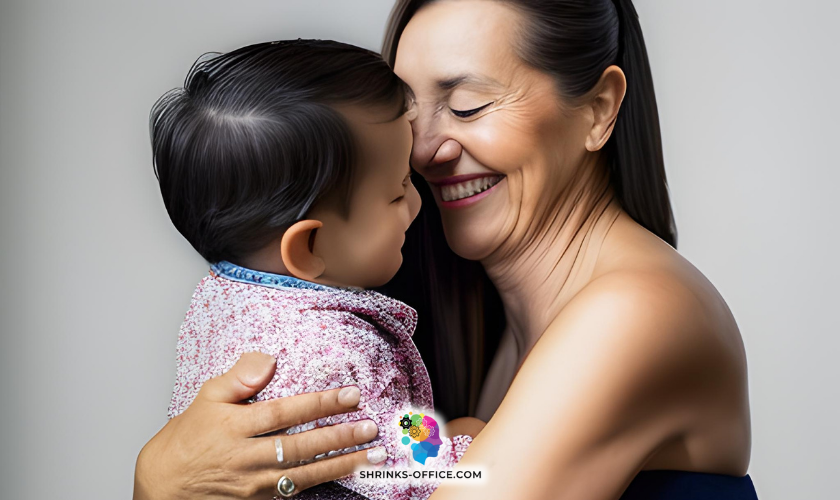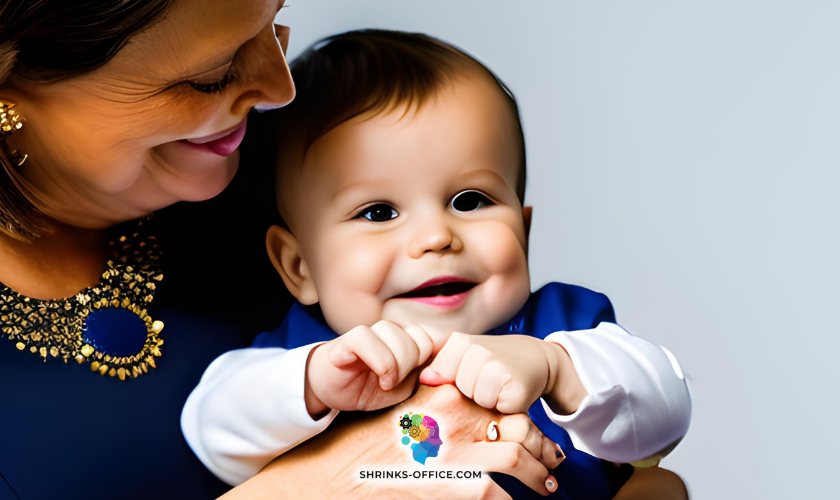In today's fast-paced world, finding moments of mindfulness can be a challenge. Embracing "The Power of Now"...

Understanding how to co-parent with someone you hate is crucial for your child's well-being, especially after a parental separation. While separation can impact a child's mental health, school-aged kids often benefit from Joint Physical Custody, spending equal time with both parents.
Despite the natural feelings of hatred that may arise post-relationship, it's essential to manage these emotions for effective co-parenting. This article offers guidance on re-establishing a functional relationship with your ex for the sake of your child.

Co-parenting is a crucial aspect of childrearing after separation or divorce. The reason why it is important is backed by research data, which has shown that high-quality co-parenting can contribute to promoting a positive emotional family climate and affecting child mental health and social adjustment positively [1].
Children whose parents work together harmoniously in childrearing issues tend to fare better in various aspects of their lives. They have a lower risk of experiencing adjustment problems, such as academic difficulties, substance use problems, disruptive behavior, and depressed mood. Additionally, they are less likely to engage in risky sexual behavior, live in poverty, or experience family instability [2].
Did You Know? Self Harming is a coping mechanism that children practice in complicated situations like parental separation. In such situations, they get confused and think that their parents hate them. Co-Parenting can avoid such situations if you keep a healthy relationship with your ex and your kid.
You are divorced because you cannot get along with your ex, but that does not mean you don't have to see them. You must remember how important it is for the child to have two parents. Establishing a co-parenting arrangement is essential so that both of you can be involved in the child's life and co-parenting can be successful.
The agreement should include a detailed custody calendar that shows who will have the child on holidays, weekends, and school days. Be sure to keep the custody arrangements consistent so that the child will not be confused.
It is better to communicate via text or email to prevent tension. This will help to keep communication minimal and allow you and your ex to remain cordial. It is also important that any information concerning the child be shared in a timely manner.
When your kid is in your custody, it is important to have a structure set up for the days that you are caring for them. This includes having a schedule, activities, and rules in place that are consistent with the other parent's rules. This will help to create a smoother transition between households.
If verbal agreements do not seem to work, you may consider consulting with a divorce coach for further assistance. This will help to ensure that both of your rights are protected and that the child's best interests are taken into consideration.
Cooperative communication is a vital part of co-parenting. This means that both parents should be willing to listen to each other and respect their opinions. Additionally, they should strive to be consistent, honest, and kind when communicating with each other.
It is important to maintain consistency in communication, expectations, and rules. This will help to reduce confusion and anxiety for the child. For example, if the other parent does not allow your child to watch television after school, then you should also follow that rule when they are in your care.
Even though you may not agree with your ex about everything, try to be as respectful and civil as possible when communicating. This will create a more positive atmosphere for your child and help to foster a better relationship between their parents.
When issues arise, it is important to work out a compromise that is mutually beneficial. This will help to avoid conflict and ensure that both of your needs are being met.
Everyone has their own parenting style, and it is important to recognize that. If you do not agree with the other parent's approach, then find a way to address the issue without criticizing them. This will allow you to provide constructive feedback in a respectful way.
It's understandable if you're frustrated or even angry with your ex, but it's crucial to keep those negative emotions away from your child.
Children are intuitive and can pick up on tension and conflict, even if it's not explicitly spoken about. Bad-mouthing your ex can ultimately hurt your child and make them feel torn between two parents.

Remember that your child's life should always be the priority. Therefore, try to put the child's best interests first and be sure to keep their emotional needs in mind when making decisions.
For example, if your kids love to spend more time with one parent over the other, then try to accommodate that in your custody agreement. This will help to create a healthy environment for your child and make them feel secure.
No matter how acrimonious your relationship with your ex may be, it is important to make sure that the two of you remain friends. This means that you should still be willing to communicate with one another and take an active role in the child's life.
By working together as friends and being supportive of one another, you can create a nurturing environment for your kid that is free from conflict. That way, your child can develop a healthy relationship with both of their parents and feel secure in the knowledge that both parents are there for them.
Being able to successfully co-parent with someone you hate can be tricky. However, by following these tips and maintaining a positive attitude, it is possible to create an effective co-parenting arrangement that is beneficial for both you and your child.
FAQs
If you find yourself in a conflict situation where your co-parent is being toxic, it is best to limit communication and rely on alternative methods such as email or text. Additionally, make sure to set boundaries and avoid engaging in arguments that can be harmful to your child's well-being. If the situation does not improve, it may be necessary to pursue legal action.
Toxic parents can be damaging to a child's emotional well-being, so it is important to address the issue as soon as possible. If all attempts to de-escalate the situation have failed, it may be necessary to seek outside help from a mental health professional or even pursue legal action.
In today's fast-paced world, finding moments of mindfulness can be a challenge. Embracing "The Power of Now"...
In our fast-paced world, finding moments of tranquility can be a challenge. Meditation apps offer a convenient...
In our fast-paced world, taking time for self-reflection and mindfulness is essential for well-being. Journaling can be...
In today’s fast-paced world, managing stress has become an essential aspect of maintaining overall well-being. Two popular...
Dissociation can be a challenging experience, especially the one that happens at work. Are you experiencing dissociation?...
Bionic reading transforms the reading experience for ADHD individuals by guiding the eyes for focus and understanding. Dive into the world of bionic reading.
Explore the complexities of postpartum depression and genetics in our blog 'Is Postpartum Depression Hereditary?' for insights into maternal mental health.
